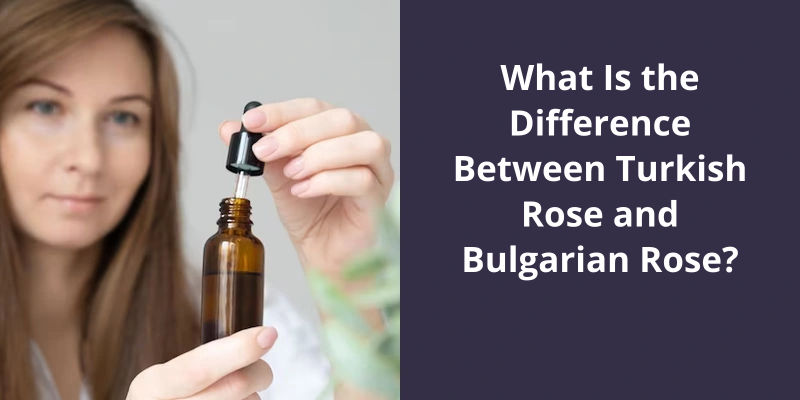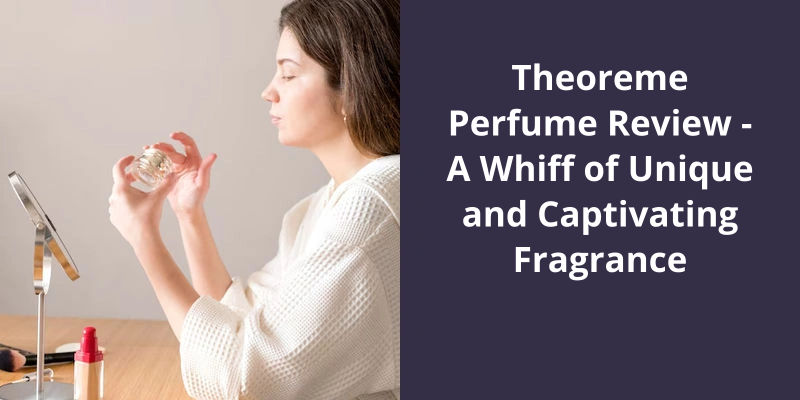The difference between Turkish Rose and Bulgarian Rose primarily lies in the scent characteristics and the geographical areas where they grow. Turkish Rose, also known as ‘Rosa damascena Mill’, typically has a rich, warm, and more intense aroma compared to its Bulgarian counterpart. On the other hand, the Bulgarian Rose, which is usually grown in the Rose Valley of Bulgaria, emits a softer, subtler, and slightly sweet smell. The climate and soil type in Turkey and Bulgaria also contribute to the variation in these roses’ fragrance profiles. While the basic rosy scent remains similar, these subtleties in aroma brought about by regional differences make each flower unique.

What Is the Meaning of Bulgarian Rose?
Located in the heart of the Balkans, Bulgaria boasts a long tradition of producing the worlds finest rose products. The rose oil and rose water are extracted from the petals of the Damascus rose, a unique species of roses grown in the countrys famous Rose Valley. Bulgarian rose is known for it’s exceptional aroma, purity, and therapeutic properties, making it a staple ingredient in luxury perfumes, skincare products, and medicinal remedies.
The Bulgarian rose industry is booming, and rose cultivation has become a significant contributor to the countrys economy. Thousands of hectares of land are dedicated solely to growing the coveted damask roses, and the annual Rose Festival in Kazanlak attracts visitors from all over the world. The festival celebrates the rose harvest and showcases the industrys most prominent brands, offering an opportunity for tourists to explore the fascinating history and traditions of Bulgarian rose production.
The cost of Bulgarian rose oil alone is among the highest in the world, due to the intensive labor and extensive knowledge required for the extraction process. The roses are hand-picked at dawn, before the sun can evaporate the fragrant oils in the petals, and then steam-distilled to extract the precious essential oil. The process is incredibly labor-intensive and can require up to 4,000 kilograms of roses to produce just one kilogram of oil.
The oils anti-inflammatory and antiseptic properties make it a powerful remedy for skin irritations, and the calming fragrance helps to reduce stress and anxiety. Rose water is a natural astringent and is commonly used as a toner to purify and hydrate the skin.
The Process of Producing Bulgarian Rose Oil and It’s Importance in the Perfume Industry
- Bulgarian rose oil is produced through the steam distillation of rose petals from the Rosa Damascena variety of roses.
- The process of producing Bulgarian rose oil involves carefully handling and selecting the roses, distilling the petals, and separating the oil from the water.
- Bulgarian rose oil is highly valued in the perfume industry due to it’s intense floral aroma and long-lasting fragrance.
- The oil is also used in aromatherapy and skincare products due to it’s soothing and nourishing properties for the skin.
- Bulgaria is one of the leading producers of rose oil in the world and it’s production plays a significant part in the country’s economy.
The scent of Bulgarian rose is truly unique, with notes of honey, cinnamon, cloves, lemon peel, green leaves and a hint of raspberry. This aroma is thanks to the rose damascena variety that thrives in the Rose Valley region of Bulgaria, where the specific terroir gives it it’s distinct fragrance.
What Does Bulgarian Rose Smell Like in Perfume?
This fragrance is often described as being romantic, intoxicating and luxurious. It’s a fragrance thats often used in high-end perfumes around the world. The Bulgarian rose is considered to be one of the most fragrant and prized roses in the world. It takes around 50-60,000 roses to produce just one ounce of rose oil, which is then used in perfumes and other fragrant products.
The green leaves in the Bulgarian rose perfume create a fresh, green aroma that adds a touch of naturalness to the fragrance. The hint of raspberry in the fragrance adds a fruity note, bringing even more depth to the scent. Together, all these elements create a fragrance thats truly unique and unforgettable.
In addition to it’s beautiful fragrance, Bulgarian rose is also known for it’s skincare benefits. It’s often used in skincare products for it’s hydrating and anti-inflammatory properties. It can also help to soothe and protect the skin, making it a popular ingredient in many high-end skincare products.
It’s complex scent is unlike anything else, and it’s no wonder that it’s so highly prized in the world of fragrance.
History of Bulgarian Rose and It’s Importance in the Perfume Industry.
- The Bulgarian Rose has been cultivated in the Rose Valley of Bulgaria for more than 300 years.
- Bulgarian roses are considered some of the highest quality roses in the world due to their strong fragrance and large petals.
- The Bulgarian Rose is an essential ingredient in many perfumes and is highly valued in the perfume industry for it’s unique scent.
- Bulgarian rose oil is also used in aromatherapy, skincare products, and as an ingredient in culinary dishes.
- The Bulgarian Rose has a deep cultural significance in Bulgaria and is celebrated each year during the Rose Festival in Kazanlak.
- Bulgaria is currently the largest producer of rose oil in the world.
Conclusion
Depending on personal preference and the desired end product, either type of rose can be used in various applications including skincare, fragrance, and culinary delights. Ultimately, the unique scent characteristics of each rose variety allow for a diverse range of creative possibilities.





